Muslim Slave System in Medieval India
Synopsis
Slavery originated during the age of savagery and continued into ancient civilizations. Slavery was there in Babylon and elsewhere in Mesopotamia; it was widely prevalent in ancient Egypt, Greece and Rome, centuries before the coming of Christ. Ancient India also had slaves but they were so mildly treated that foreign visitors like Megasthenes, who were acquainted with their fate in other countries, failed to notice the existence of slavery in this country. An altogether new dimension – religious sanction – was added to the institution of slavery with the rise of Christianity to power in the Roman Empire. Hitherto, slavery had been a creation of the crude in human nature – the urge to dominate over others, to make use of others for private comfort and profit. Now it was ordained that the God of the Christians had bestowed the whole earth and all its wealth on the believers, that the infidels had no natural or human rights, and that the believers could do to the infidels whatever they chose – kill them, plunder them, reduce them to the status of slaves or non-citizens. In short, slavery became a divinely ordained institution. With the advent of Islam, slavery became inalienable with religion and culture and was accorded a permanent place in society. It goes to the credit of Islam to create slave trade on a large scale, and run it for profit like any other business. Prophet Muhammad had not only accepted the prevailing Arab practice of making slaves but also set a precedent when he sold some Jewish women and children of Medina in exchange for horses and arms. War was prescribed on religious grounds, and became an integral part of Islam. The Quran expressly permitted the Muslims to acquire slaves through conquest. The concept of Jihad against unbelievers, the share of every Muslim in the loot from war including slaves, and the profit obtained through the sale of slaves added new zest in Islam for practising and profiting from slavery. It was enjoined on the faithful to enslave non-Muslims for no other reason than that of their being non-Muslims. The outcome in due course was a large-scale slave trade and big slave markets all over the Islamic world. Muslim capitals such as Medina, Damascus, Kufa, Baghdad, Cairo, Cordova, Bukhara, Ghazni, Delhi and many other Muslim metropolises in India and abroad became crowded with slaves for sale as well as with slave traders out to maximize profits. From the day India became a target of Muslim invaders its people began to be enslaved in droves to be sold in foreign lands or employed in various capacities on menial and non-so-menial jobs within the country. Indeed, from the days of Muhammad bin Qasim in the eighth century to those of Ahmad Shah Abdali in the eighteenth, enslavement, distribution, and sale of Hindu prisoners was systematically practiced by Muslim invaders and rulers of India. Right from the fifteenth century Muslims would go on furnishing black slaves to European slave traders. At least 80% of all the black slaves that were ever exported from Black Africa, went through Muslim hands. A large part of the slaves transported to America had also been bought from Muslim slave-catchers. The present study by Professor K.S. Lal documents for the first time the Muslim slave system as it obtained in medieval India under Muslim rule.
Read more
8.10
7.29
$
9.00 $
Free delivery Wolrdwidе in 10-18 days
Ships in 1-2 days from New Delhi
Membership for 1 Year $35.00
Get it now and save 10%
Get it now and save 10%
BECOME A MEMBER

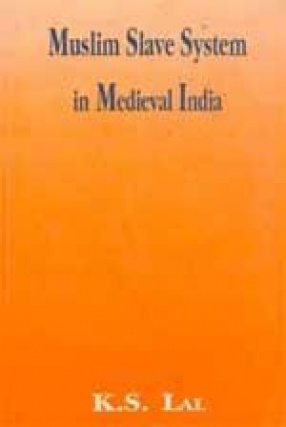
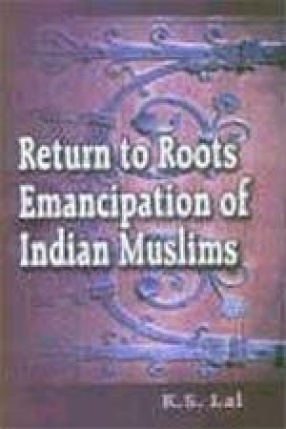
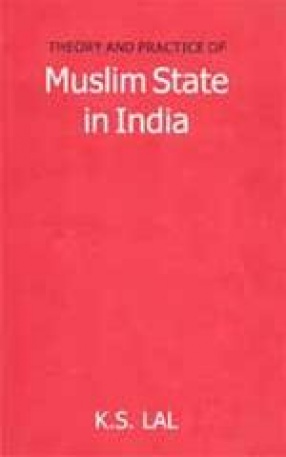
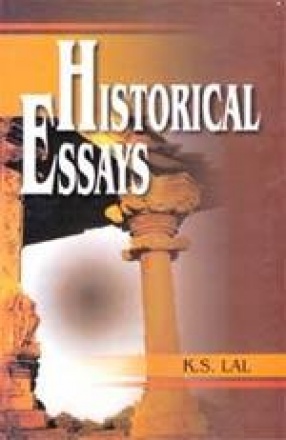
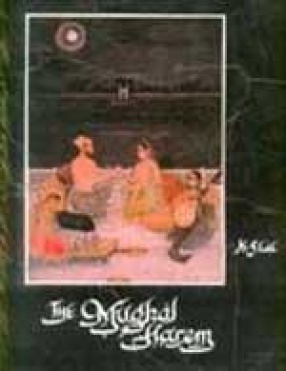
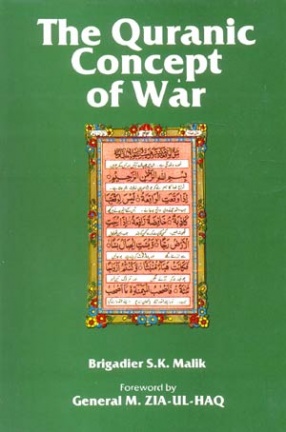
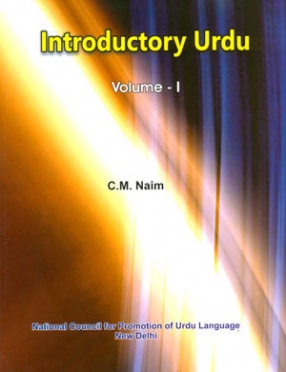

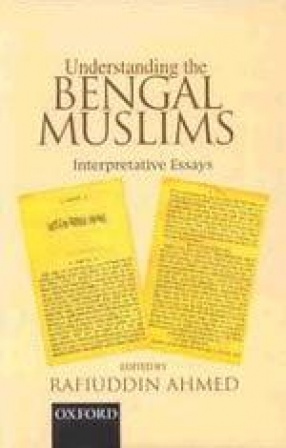

Bibliographic information